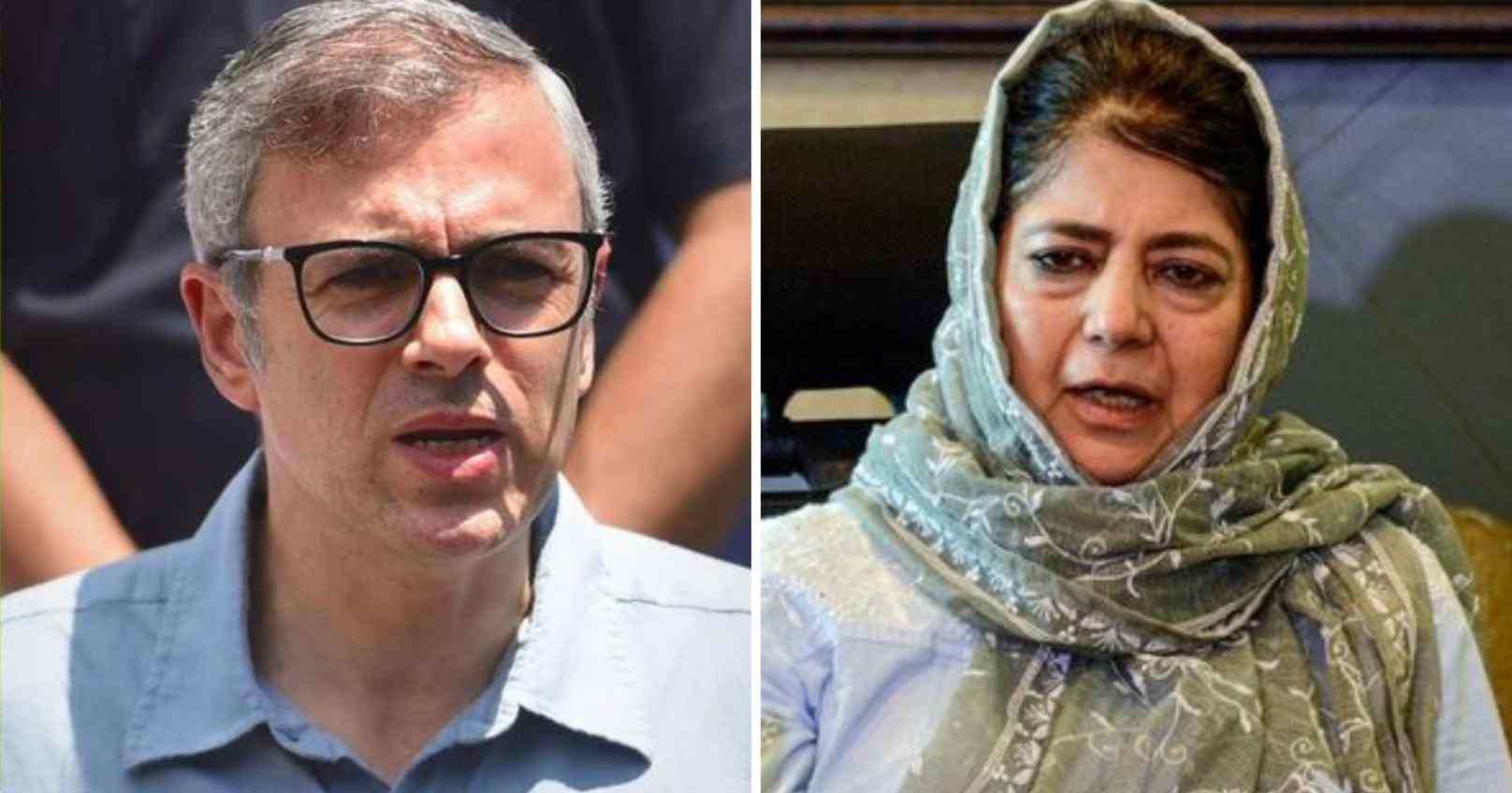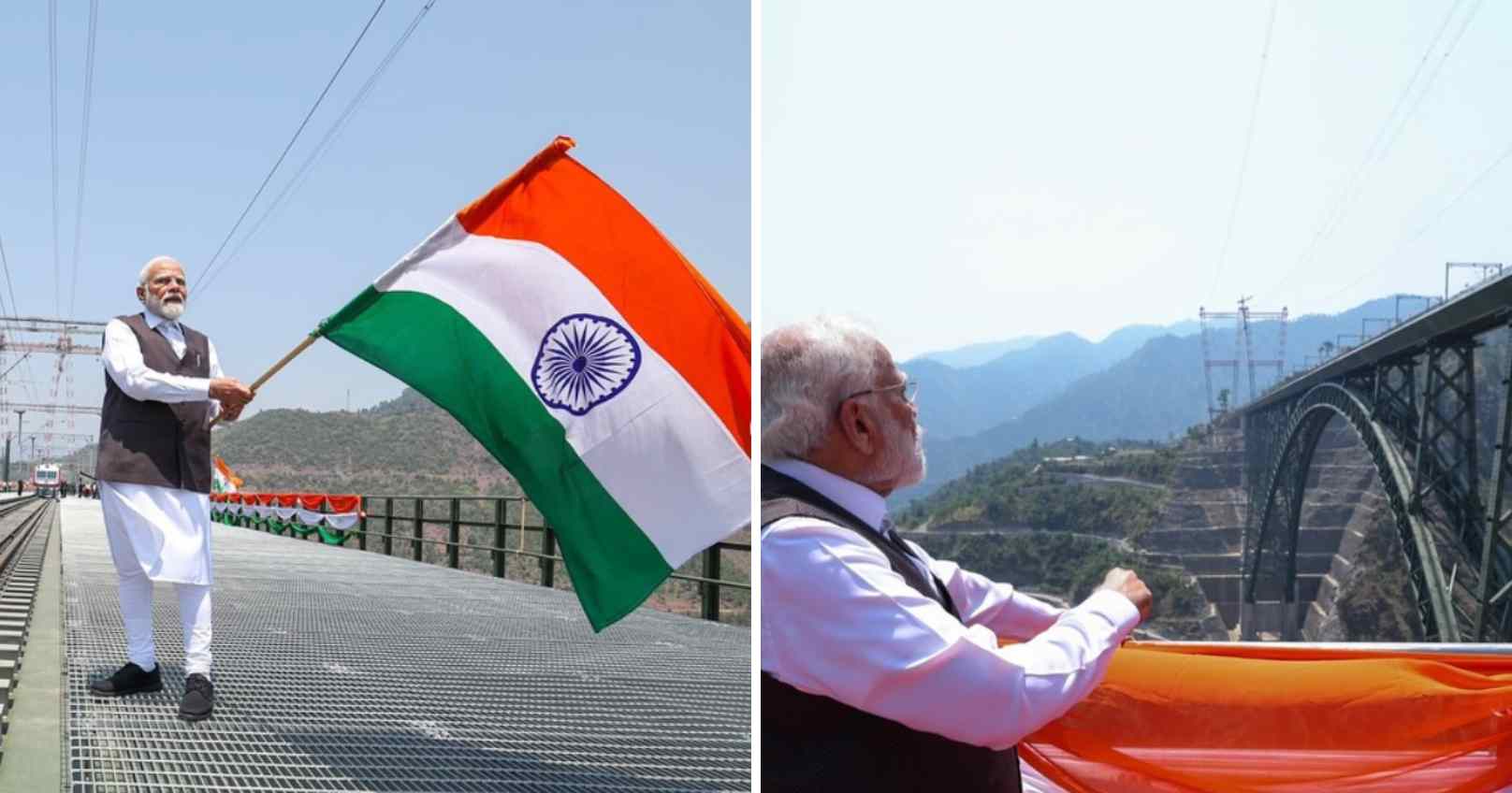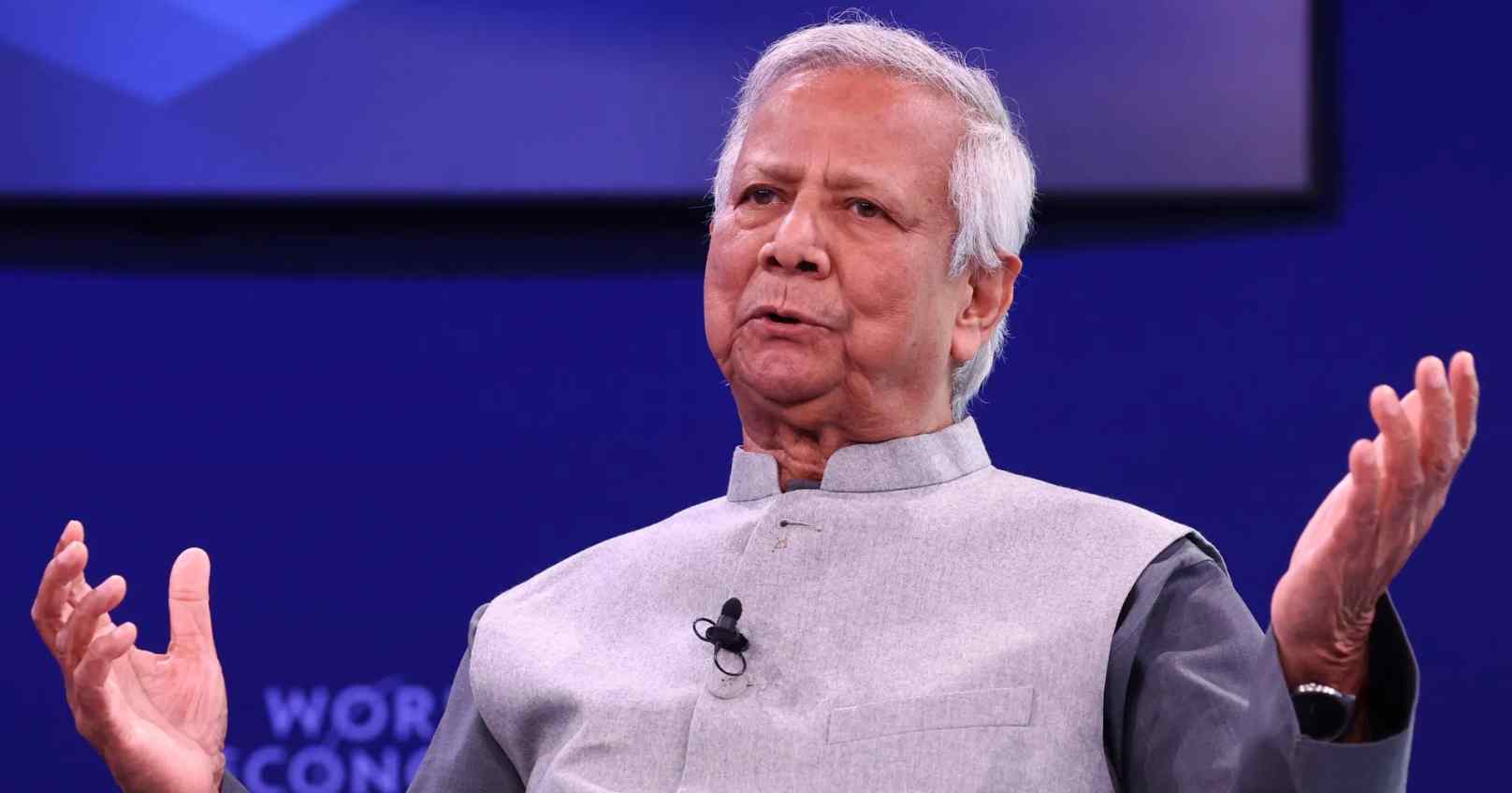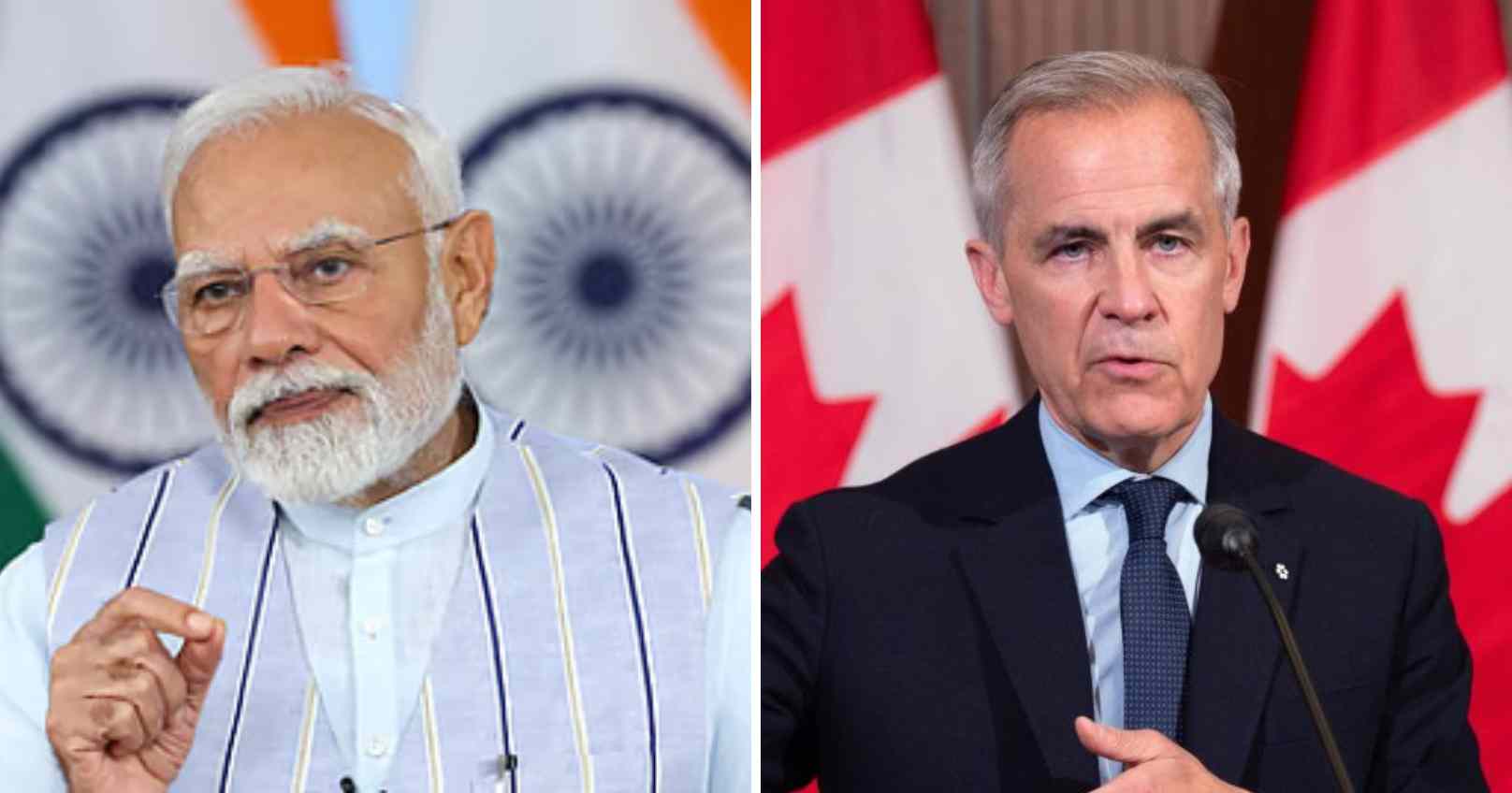The political climate in Jammu and Kashmir intensified on Friday as Chief Minister Omar Abdullah and PDP president Mehbooba Mufti clashed over the possible resumption of the long-shelved Tulbul Navigation Project on Wullar Lake. The debate follows the Centre’s recent move to suspend the Indus Waters Treaty (IWT) with Pakistan in the aftermath of the deadly Pahalgam terror attack that claimed 26 lives.
The IWT, signed in 1960 and mediated by the World Bank, has regulated water-sharing between India and Pakistan for over 60 years. With India now putting the treaty on hold, Abdullah took to social media to question whether this opens the door to restart work on the Tulbul Barrage—a project halted in the 1980s due to Pakistan’s objections under the IWT.
Sharing a video of Wullar Lake, Abdullah remarked, “The Tulbul Navigation Barrage was abandoned because of the Indus Water Treaty. Now that the treaty is ‘temporarily suspended’, can we revive the project?” He argued that completing the barrage would allow navigation along the Jhelum River and enhance power generation, particularly during winter months.
His comments, however, were swiftly condemned by Mehbooba Mufti, who described his proposal as reckless and poorly timed. Posting on X (formerly Twitter), she said, “Omar Abdullah’s pitch to revive Tulbul at a time of high tension between India and Pakistan is not just ill-advised—it’s provocative.”
The former chief minister warned against using water as a strategic tool, especially given the fragile peace following recent hostilities. “As the region reels from violence, destruction, and civilian casualties, suggesting such a move risks escalating tensions and dragging international attention to a bilateral issue,” she said. “Water is life—not a weapon.”
Omar Abdullah hit back, accusing Mufti of prioritising politics over Jammu and Kashmir’s interests. “It’s unfortunate that your obsession with grandstanding prevents you from recognising how the IWT has historically undermined J&K’s water rights,” he said.
He added that opposing the treaty isn’t about fuelling conflict, but about restoring rights to the people. “Challenging an unjust agreement that deprives J&K of its resources is not war-mongering—it’s about justice,” he stated.







